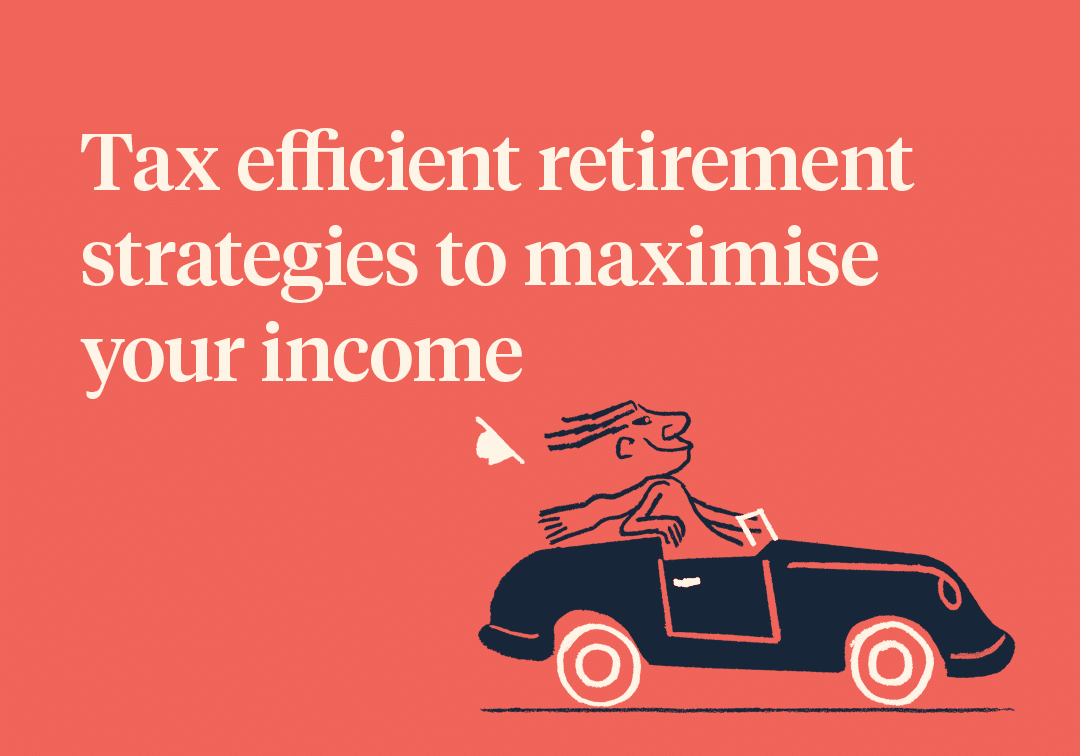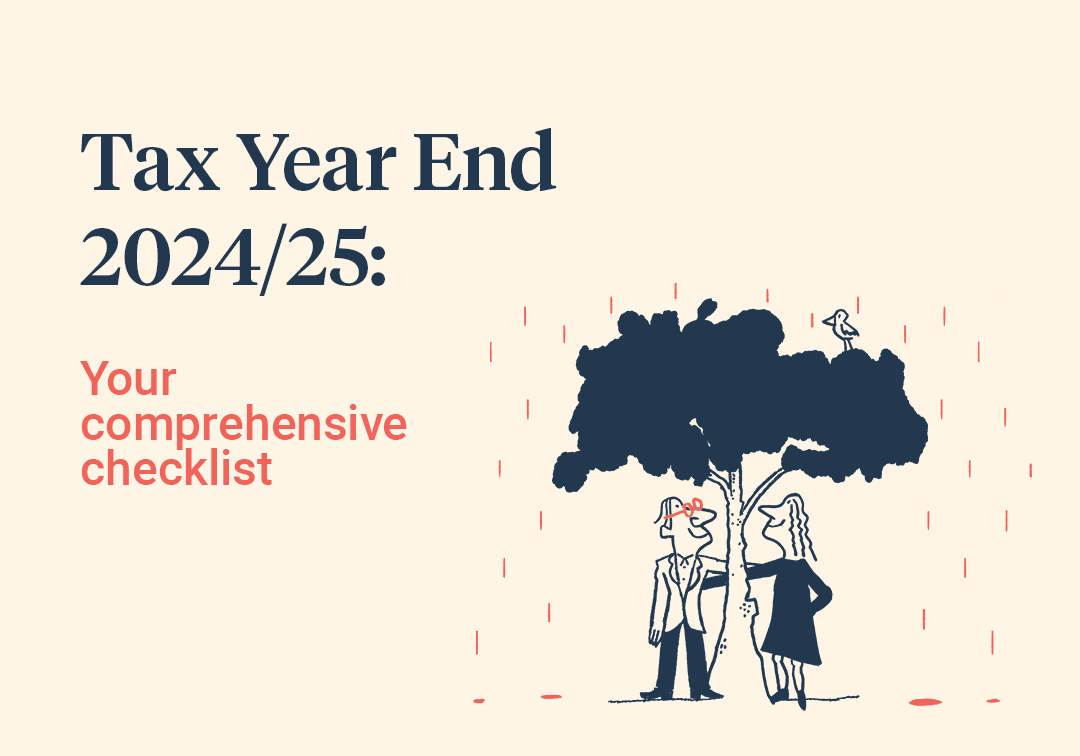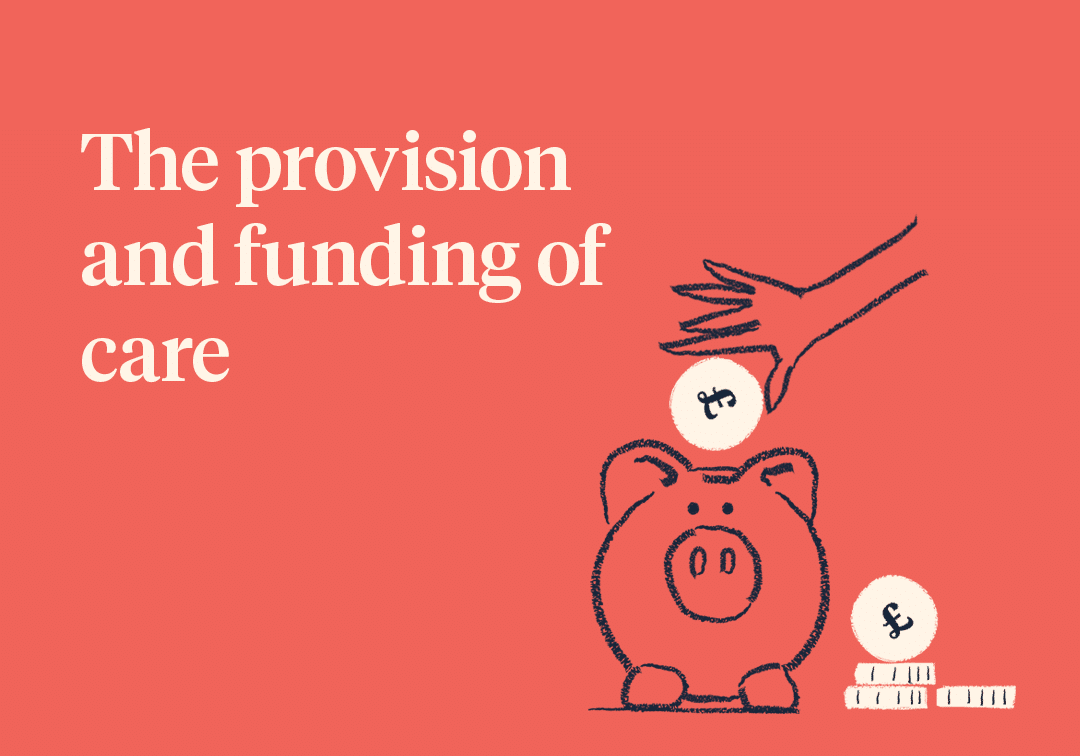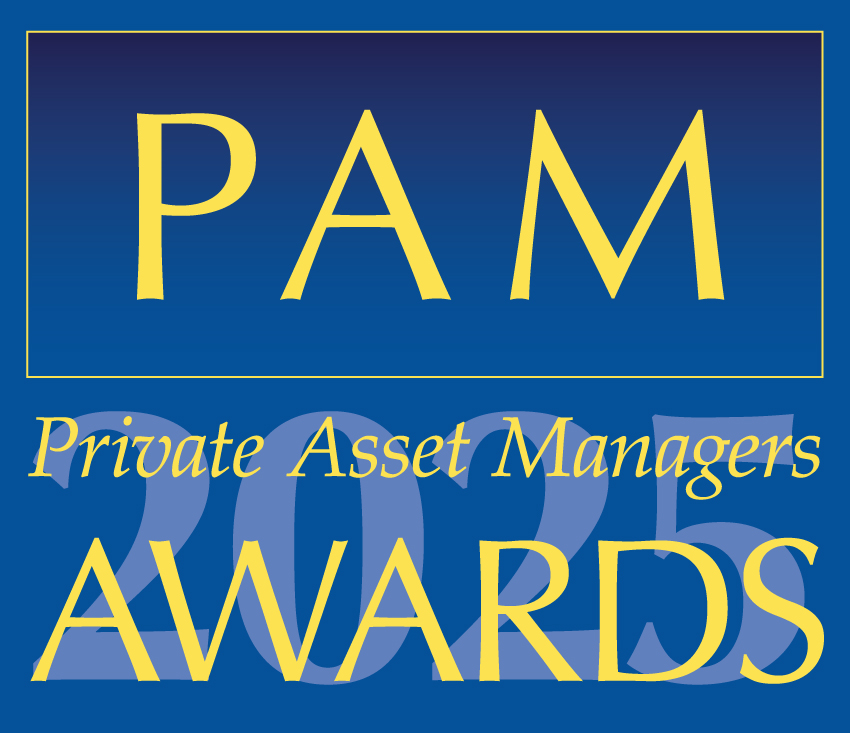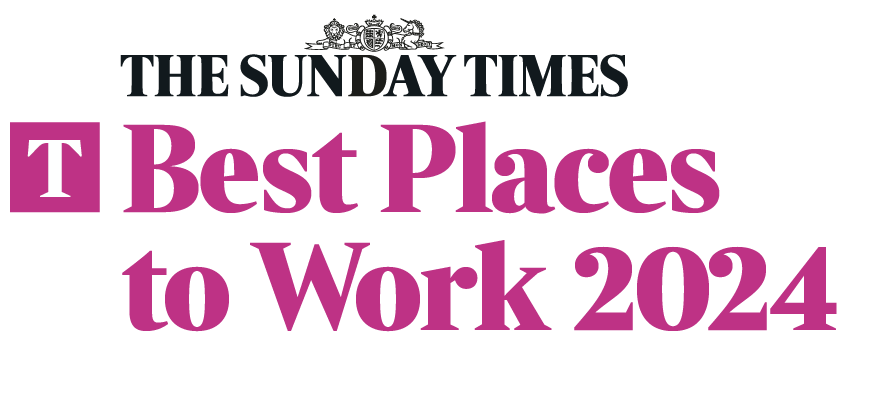When you reach retirement age, you’ll be able to access 25% of your pension completely tax-free. This is limited to 25% of the 22/23 Lifetime Allowance, which was normally £1,073,100.[1] The remainder of your pension will be taxed at your marginal rate. Whilst being able to access 25% tax-free is a great benefit, only a few people know all of their options for accessing their tax-free cash. There are also a few complications you should be aware of.
Taking small portions of tax-free cash: a flexible approach
It may be that you want to take out a small amount of tax-free cash from your pension at retirement age to perhaps buy a car or extend your home. This is, of course, something you can do. Let’s say you had a pension pot of £500,000 and you want to take out £10,000 of tax-free cash to buy a VW Polo for a very lucky grandchild. You need to deem the portion of your money that you want to take 25% of as being in drawdown with your pension provider. In this example, you would simply place £40,000 into drawdown and withdraw your £10,000 of tax-free cash.[2] Moving the £40,000 into drawdown is simply an administrative process. You can leave the remaining £30,000 in drawdown and the rest of your pension untouched until you need it.
Using your full tax-free cash entitlement with a smaller pension pot
Let’s take another example: if you reach retirement age and your pension pot is £400,000, you could choose to access your full tax-free cash entitlement of £100,000. Once you do this though, the remaining £300,000 and any future growth will be subject to income tax when you want to access the money. It will also most likely bring the £100,000 into your estate for inheritance tax purposes so be mindful of this.[3]
How much do you need to retire and more…
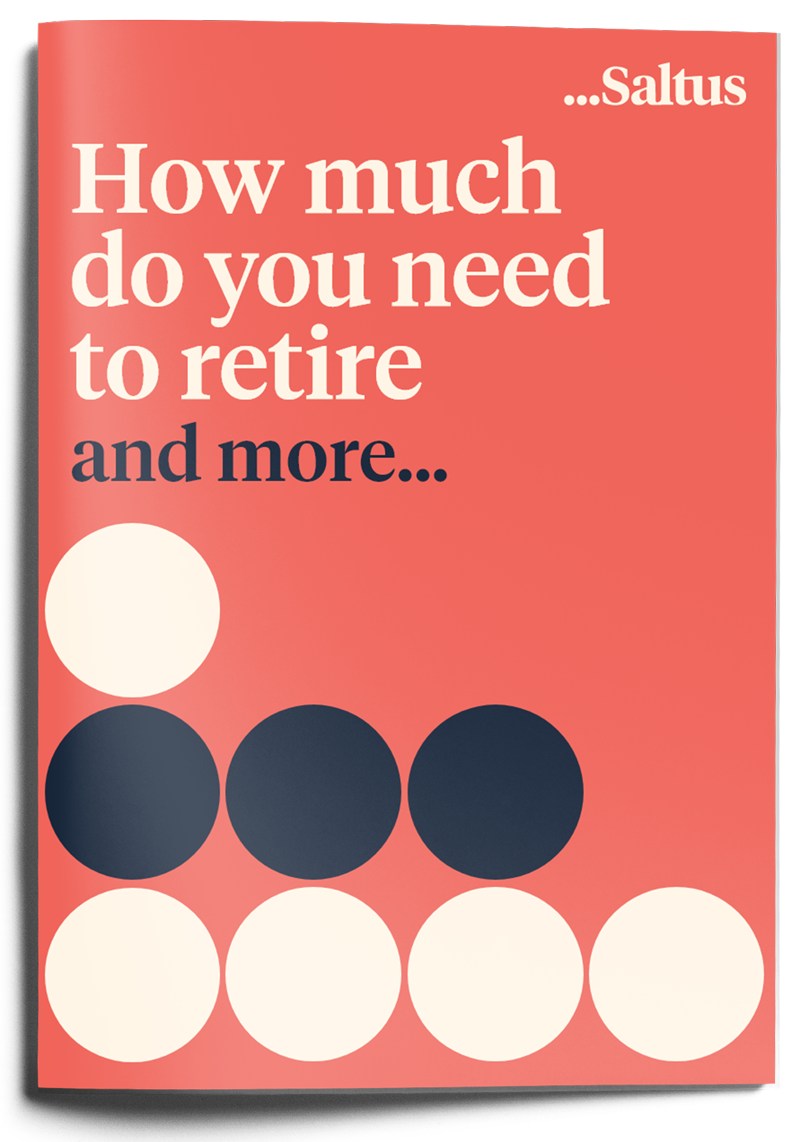
How much income do you need to be comfortable, how much do you need invested and how to pay less tax...
Dripping out tax-free cash: an income tax optimisation strategy
Another possible approach to using tax-free cash is to drip it out over time alongside taxable income. If this is done effectively, it can reduce the amount of tax you pay each year in retirement. You should be careful when doing this though as taking taxable income from your pension will trigger the Money Purchase Annual Allowance. This will then limit the contributions you can make to your pension to £10,000 a year.[4] Timing is important: it may not be a suitable option if you are still working.
Do you need help with your retirement planning?
Our specialists can help you prepare for retirement and provide ongoing advice once retirement has arrived. Get in touch to discuss how we can help you.

Taking out your entire tax-free cash entitlement from a large pension pot
People often choose to take out a large sum of tax-free cash to pay down what is left of their mortgage. Instead of overpaying their mortgage from their income that is subject to income tax and national insurance, they instead contribute their income to their pension. Contributions to pensions are gross of tax so they grow their fund at a rapid rate. Once they reach retirement age, they then use their tax-free cash to pay the remainder of the mortgage down. As aforementioned though, to access your full 25% of tax-free cash, you need to move 100% of your pension into drawdown and ‘fully crystalise’ your pension. With the recent changes to the Lifetime Allowance rules, this affectively means £1,073,100 will be placed into drawdown and you will be limited to £268,275 of tax-free cash. Although this may differ for those who had Lifetime allowance protection in place or have pensions with enhanced benefits so it’s worth exploring this with an adviser.[5] The remainder of withdrawals from your pension will be taxed at your marginal rate. You will also be bringing the £268,275 into your estate so it’s, once again, a careful balancing act.
Quite simply, it’s not always straight-forward. If you have a small pension, you do have a number of options and it’s probably not going to be overly challenging to access your tax-free cash. If you have a reasonably large pension pot though, you should probably take some advice before taking withdrawals.
Do you need help with your retirement planning?
Our specialists can help you prepare for retirement and provide ongoing advice once retirement has arrived. Get in touch to discuss how we can help you.

Article sources
Editorial policy
All authors have considerable industry expertise and specific knowledge on any given topic. All pieces are reviewed by an additional qualified financial specialist to ensure objectivity and accuracy to the best of our ability. All reviewer’s qualifications are from leading industry bodies. Where possible we use primary sources to support our work. These can include white papers, government sources and data, original reports and interviews or articles from other industry experts. We also reference research from other reputable financial planning and investment management firms where appropriate.
Saltus Financial Planning Ltd is authorised and regulated by the Financial Conduct Authority. Information is correct to the best of our understanding as at the date of publication. Nothing within this content is intended as, or can be relied upon, as financial advice. Capital is at risk. You may get back less than you invested. Tax rules may change and the value of tax reliefs depends on your individual circumstances.
About Saltus?
Find out more about our award-winning wealth management services…
Winner
Investment Performance: Cautious Portfolios
Winner
Top 100 Fund Selectors 2024
Winner
Best Places to Work 2024
Winner
Best Financial Advisers to Work For
£8bn+
assets under advice
20
years working with clients
350+
employees
97%
client retention rate
